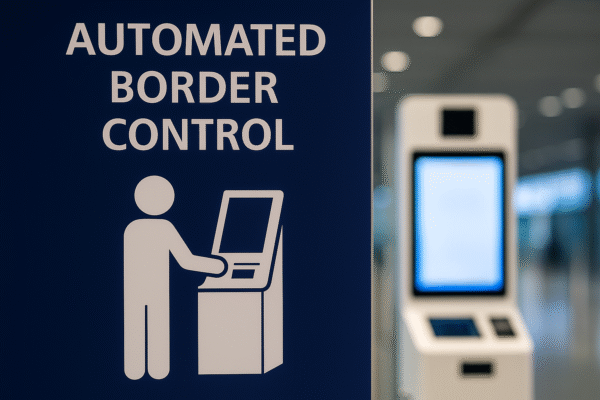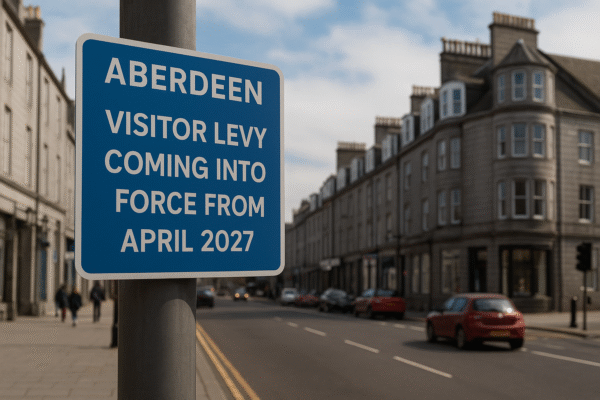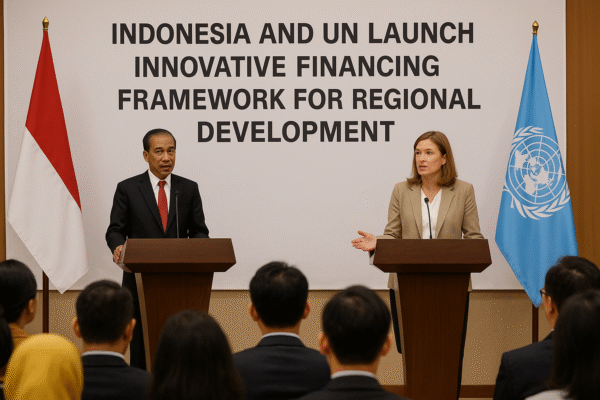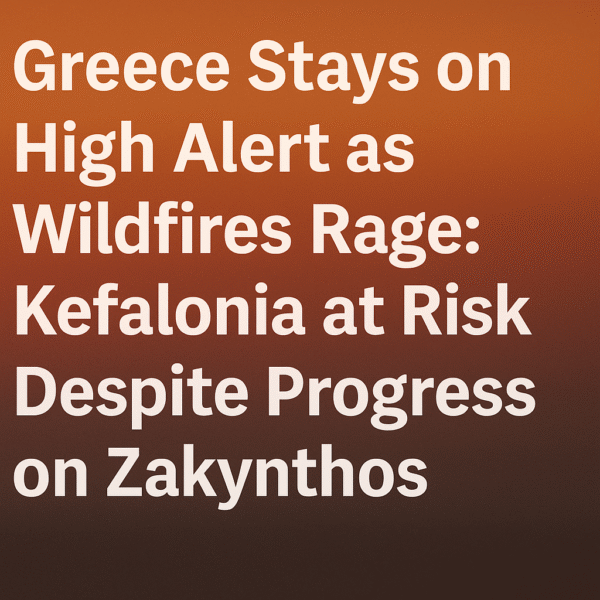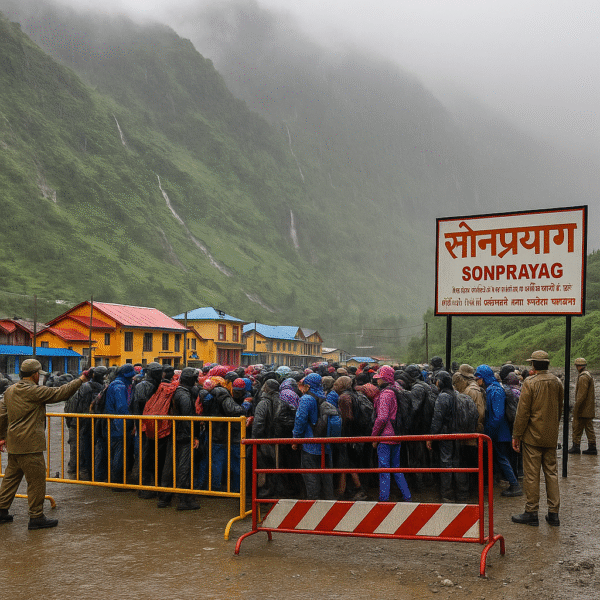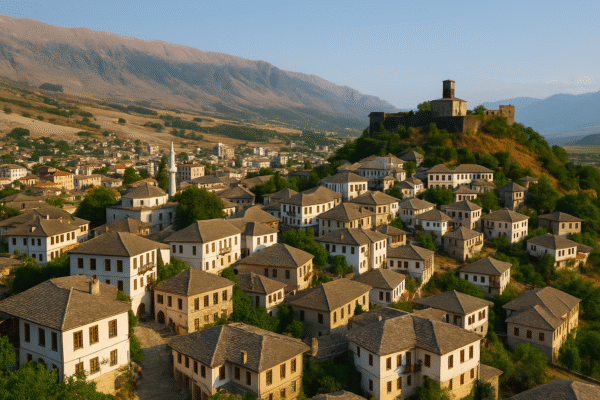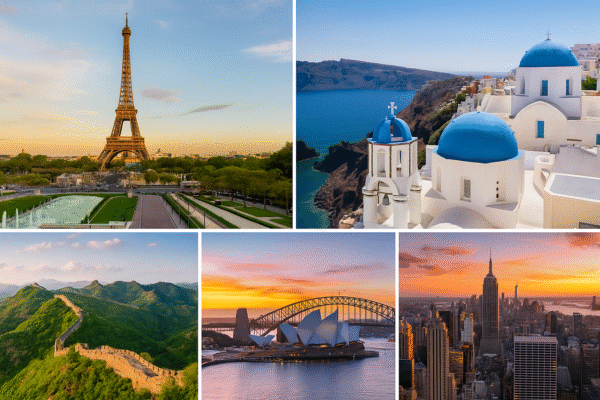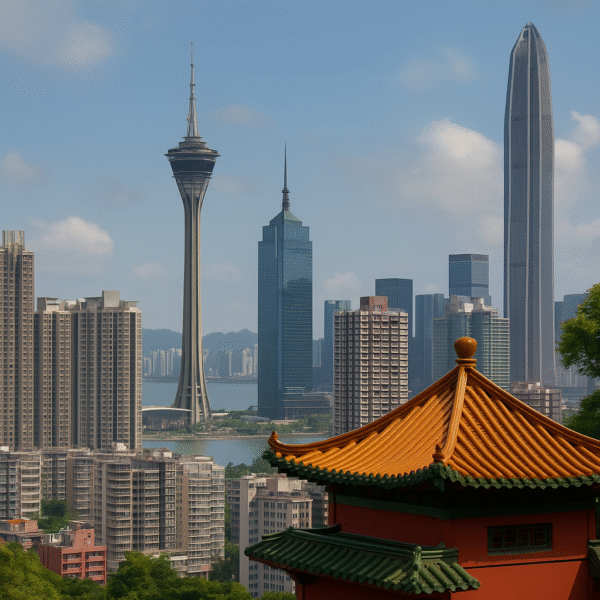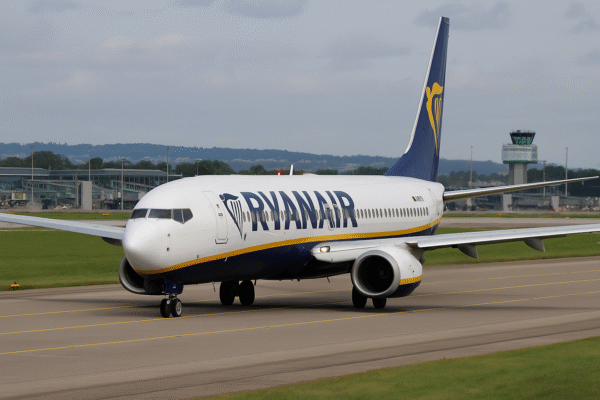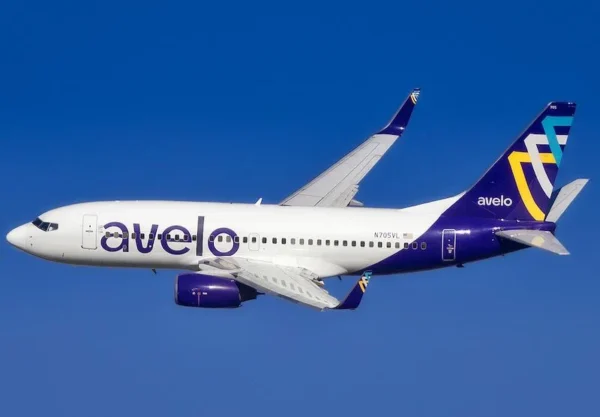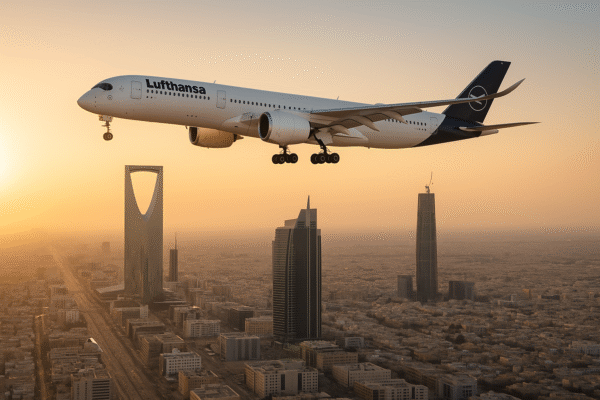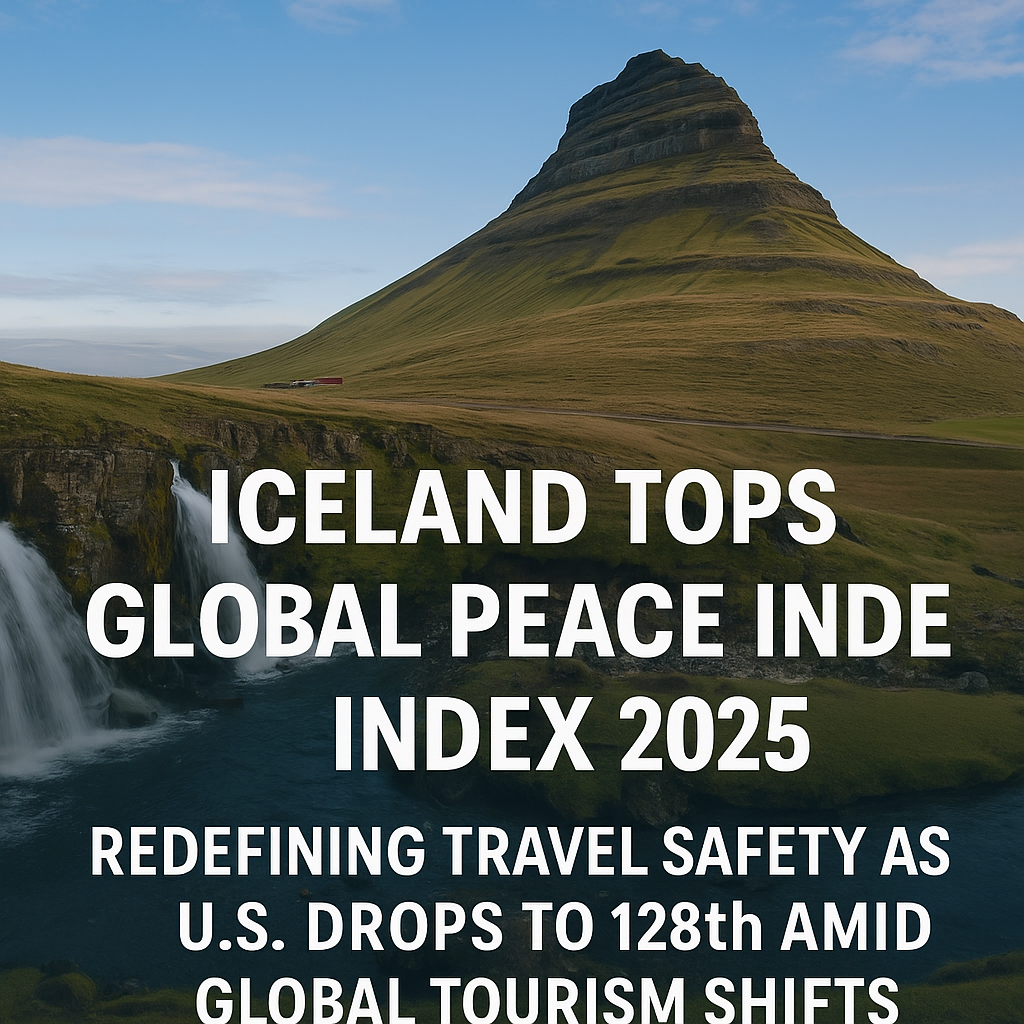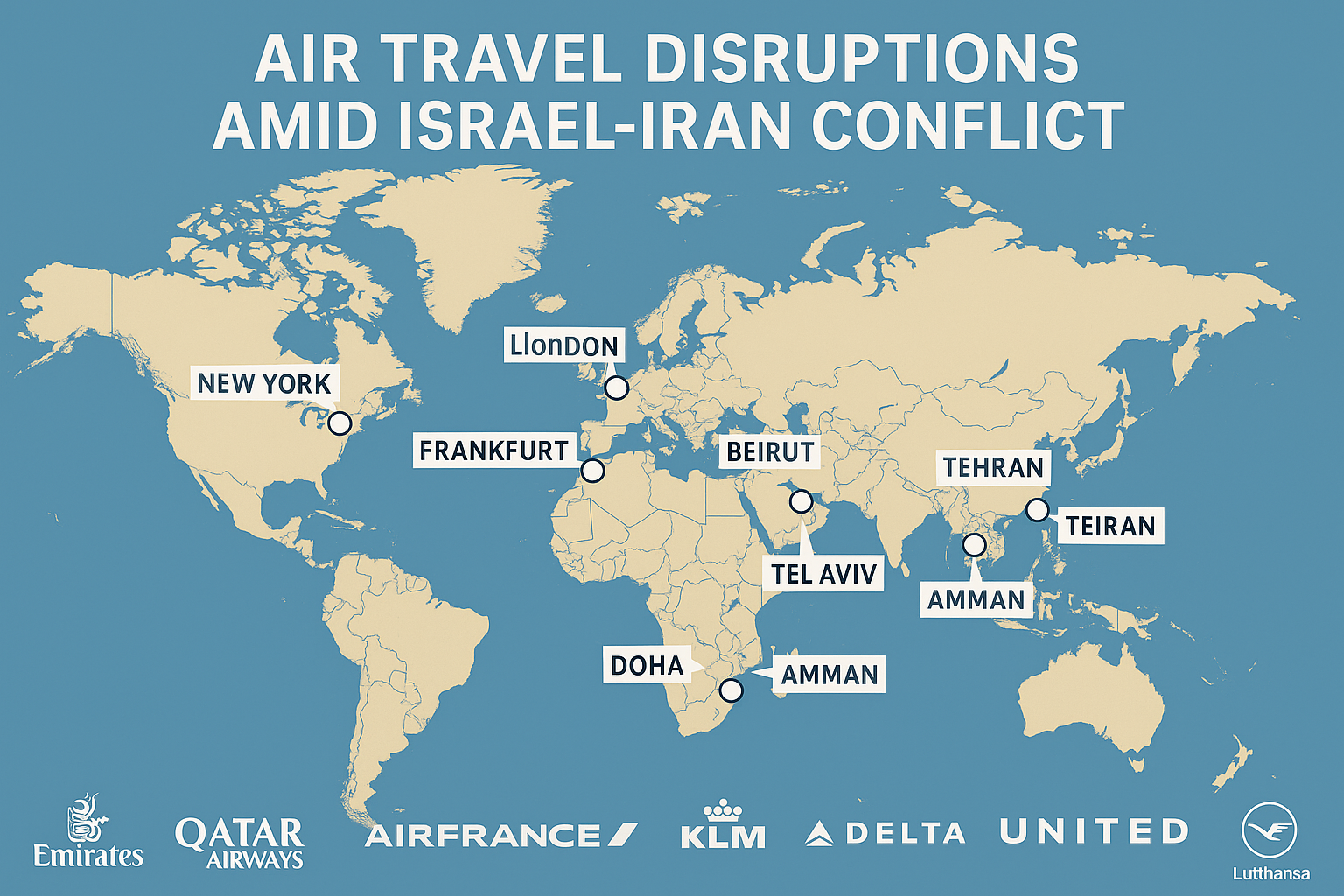In a year where global instability continues to shape traveler behavior, Iceland has once again clinched the top spot as the world’s most peaceful country, according to the newly released 2025 Global Peace Index (GPI). As global conflicts escalate and safety becomes a non-negotiable criterion for travel planning, Iceland’s dominance reaffirms its reputation as a serene haven, far from the noise of unrest and uncertainty.
Outpacing perennial contenders like Ireland, New Zealand, Austria, Switzerland, Portugal, and Singapore, Iceland’s ranking isn’t just a win on paper—it’s a compelling narrative reshaping where global travelers go, how airlines market their routes, and where tour operators set up shop.
Peace as the New Travel Currency
The 2025 Global Peace Index, compiled by the Australia-based Institute for Economics & Peace, analyzed 163 nations across indicators such as militarization, safety, conflict, and societal stability. This year’s data presents a stark reality: 87 countries declined in peacefulness, while only 74 improved—marking the sixth consecutive year of global deterioration.
Amid these sobering figures, Iceland’s 17th consecutive year at the top isn’t just symbolic. With a peace score of 1.095, the Nordic island has become the poster child for secure tourism. Its low crime rates, transparent government, stable social structure, and expansive natural spaces appeal to everyone from solo travelers to families and remote workers.
Airlines are expanding their Iceland routes. Tour companies are bundling peace-themed packages. Hotels are marketing tranquility as a luxury. In a world increasingly on edge, Iceland offers something rare: peace of mind.
Europe Dominates the Peace Leaderboard
Europe continues to stand tall, with eight of the ten top-ranking countries on the continent. Ireland placed second (1.260), New Zealand came in third (1.282), while Austria, Switzerland, Denmark, Portugal, and Finland completed the list. These destinations are seeing a renewed wave of interest from tourists prioritizing calm, stable environments.
Singapore, the only non-European entry in the top ten, continues to build its reputation as an ultra-safe urban destination, balancing cutting-edge innovation with efficient law enforcement and civic harmony.
Countries like Slovenia, the Netherlands, Czechia, and Finland are gaining recognition as under-the-radar gems that pair peacefulness with adventure and culture—ideal for the modern conscious traveler.
U.S. Falls to 128th: Domestic and Global Tourism Implications
While some countries climbed the peace ladder, others dropped dramatically—including the United States. Ranked 128th with a score worse than nations like Bangladesh and Kenya, the U.S. now faces growing skepticism from international travelers. Factors influencing this steep decline include gun violence, political division, civil unrest, and low scores in the “Militarization” category.
For U.S. tourism boards, the challenge is twofold: assure safety for both domestic and international travelers and mitigate negative perceptions fueled by the GPI ranking. Destinations such as New York, Los Angeles, and Miami remain major draws, but peace-conscious travelers may increasingly look to safer alternatives like Canada, Iceland, or Western Europe.
Russia, Conflict Zones and Tourism Fallout
At the other end of the spectrum, Russia plummeted to the very bottom of the 2025 Global Peace Index. With conflict continuing in Ukraine and mounting internal repression, travel to and through the region has become nearly nonexistent.
Tour operators are suspending packages, airlines are rerouting flights to avoid airspace risk, and insurance costs have soared for travelers anywhere near the region. The fallout extends to neighboring nations, many of which are also seeing reduced bookings due to proximity or geopolitical associations.
The Middle East and parts of Africa remain volatile. Countries like Sudan, Yemen, and Afghanistan continue to pose significant risks. Yet peace progress in regions such as the Democratic Republic of Congo and Rwanda offers cautious optimism.
Canada and the Surprise Slide Out of the Top Ten
One of the more unexpected developments was Canada’s drop to 14th, now tied with the Netherlands. Traditionally seen as a haven of politeness and safety, this fall triggered introspection among tourism strategists.
While still considered relatively safe, factors such as increasing crime rates in certain cities and rising social tensions may have played a role. Canadian tourism boards may now need to recalibrate marketing to emphasize regional safety and push back against generalizations.
Emerging Trends: Safety-Driven Travel, Eco-Tourism, and Digital Nomad Migration
Peace isn’t just a geopolitical concept—it’s now a business differentiator. Iceland’s eco-tourism initiatives, New Zealand’s adventure-safety model, and Singapore’s secure urban sophistication are all drawing new demographics of travelers.
Digital nomads, in particular, are leaning toward countries with robust healthcare, political stability, and digital infrastructure. Peaceful countries are even crafting visa policies to attract these long-term visitors.
Eco-tourism also correlates closely with peace rankings. Countries with high environmental performance—like Iceland, Portugal, and Finland—rank high on both sustainability and safety, winning the hearts (and wallets) of global travelers.
Conclusion: Iceland’s Peaceful Crown Spurs Global Travel Rethink
As 2025 unfolds, it is clear that peace has taken center stage in the tourism narrative. Iceland’s continued dominance, and the shifting ranks of other countries, act as a compass for millions planning their next journey.
While some nations celebrate the boost in global trust and tourism investment, others must confront difficult truths—and act swiftly to reclaim lost ground.
In a turbulent world, peace isn’t just a virtue—it’s a vital asset for tourism economies. And for now, Iceland holds that passport to prosperity.
For more travel news like this, keep reading Global Travel Wire

